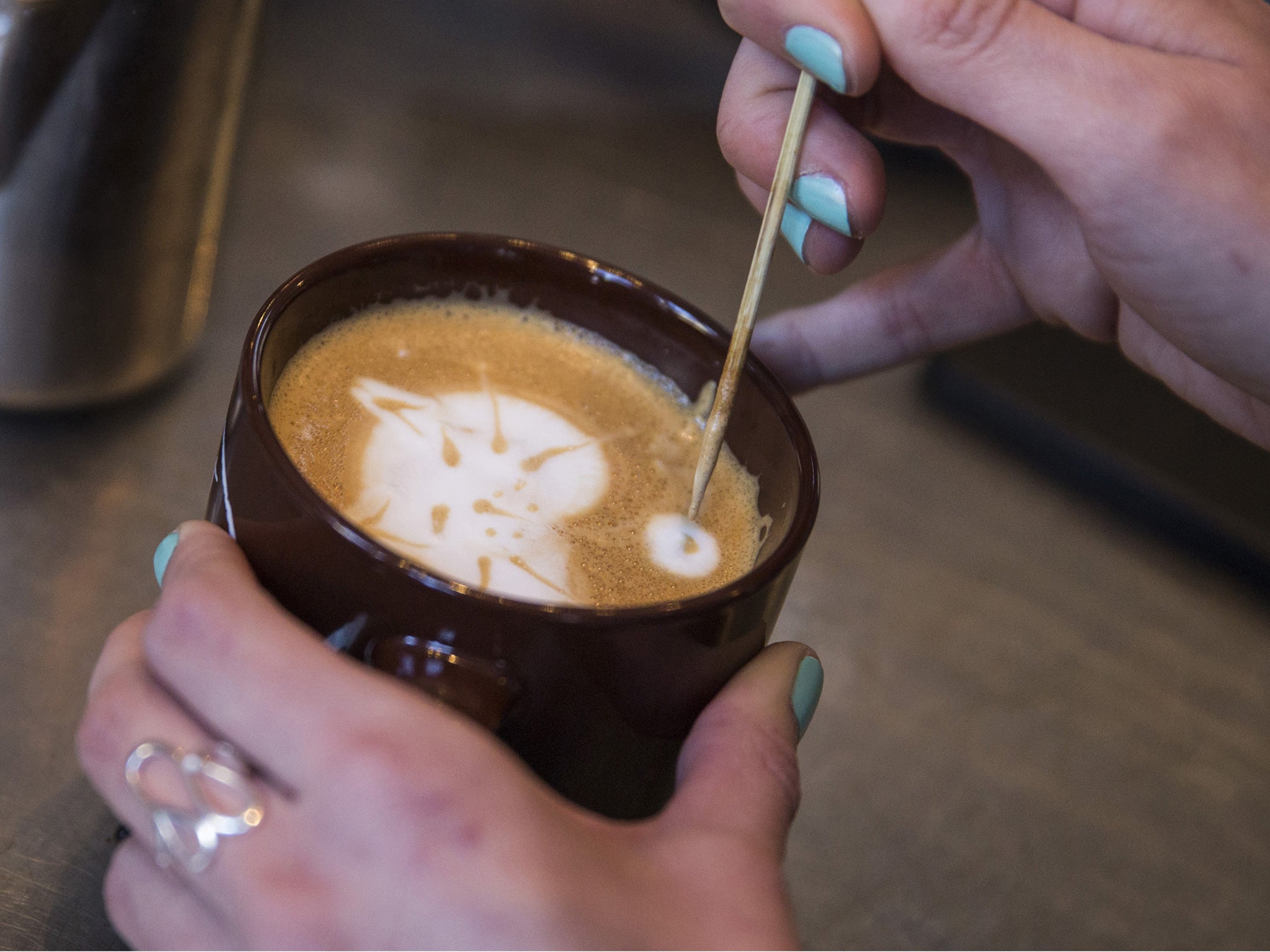The secret to the perfect cup of coffee revealed
... and it's all in the hardness of the water

Your support helps us to tell the story
From reproductive rights to climate change to Big Tech, The Independent is on the ground when the story is developing. Whether it's investigating the financials of Elon Musk's pro-Trump PAC or producing our latest documentary, 'The A Word', which shines a light on the American women fighting for reproductive rights, we know how important it is to parse out the facts from the messaging.
At such a critical moment in US history, we need reporters on the ground. Your donation allows us to keep sending journalists to speak to both sides of the story.
The Independent is trusted by Americans across the entire political spectrum. And unlike many other quality news outlets, we choose not to lock Americans out of our reporting and analysis with paywalls. We believe quality journalism should be available to everyone, paid for by those who can afford it.
Your support makes all the difference.Scientists have developed the perfect cup of coffee. And the secret ingredient is surprisingly simple.
As it turns out, the key to good cup depends on the hardness of the water used.
Experts used compositional chemistry methods to examine the impact of different kinds of water on the flavour of coffee to find that reasonably hard water had the best results.
Findings in a new paper show that it made a “dramatic difference” to the quality of coffee. And while high bicarbonate levels were bad for flavour, high magnesium ion levels were found to increase the extraction of coffee into water.
According to Christopher Hendon, chemist at the University of Bath, sodium-rich water – such as that produced from water softeners - didn’t release the flavour’s full potential.
Hendon, who along with UK Barista Champion Maxwell Colonna-Dashwood is preparing to represent the UK in the World Barista Championships in Italy, said: “Coffee beans contain hundreds of chemicals; the precise composition depends on the type of bean and how it is roasted.
”The flavour of the resulting coffee is determined by how much of these chemicals are extracted by the water, which is influenced by roast profile, grind, temperature, pressure and brew time.
“We've found that the water composition is key to the proportions of sugars, starches, bases and acids extracted from a particular roast.”
Mr Colonna-Dashwood, who owns Colonna and Small's coffee shop in Bath and is a co-author on the paper, said starting with a “reasonably hard” tap water achieved the best results.
But taste perfection might not be top of everyone’s agenda, he added: “Traditionally the coffee-making industry is most concerned about using water that doesn't scale up their machines.”
Join our commenting forum
Join thought-provoking conversations, follow other Independent readers and see their replies
Comments